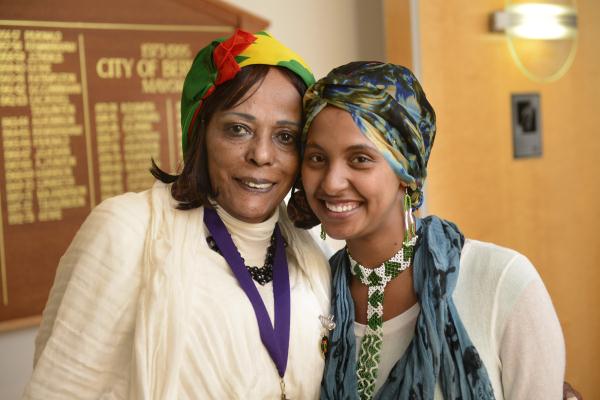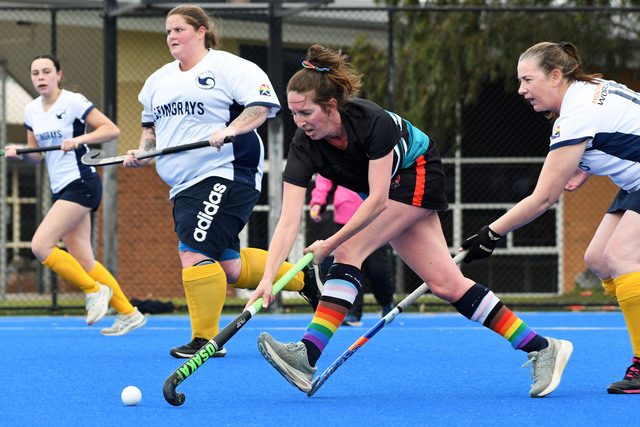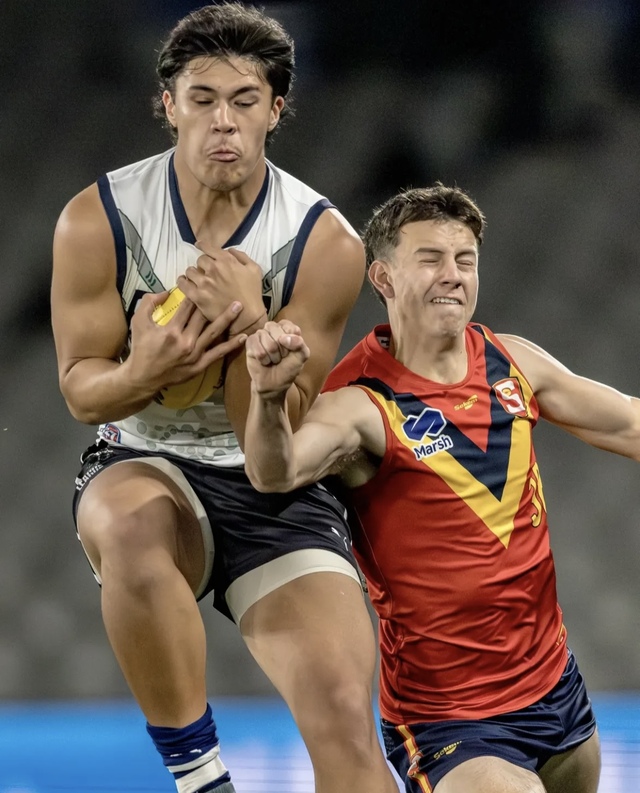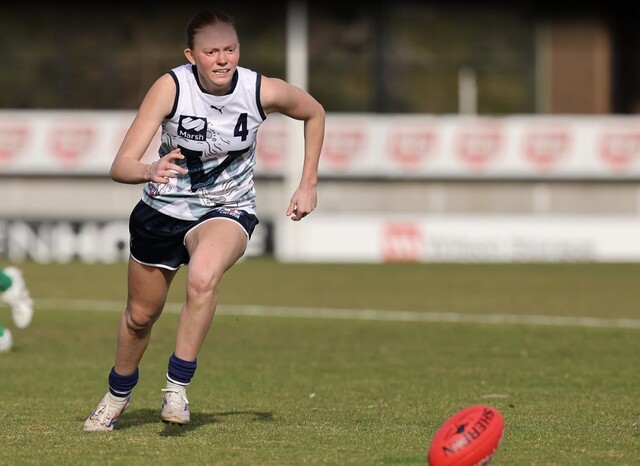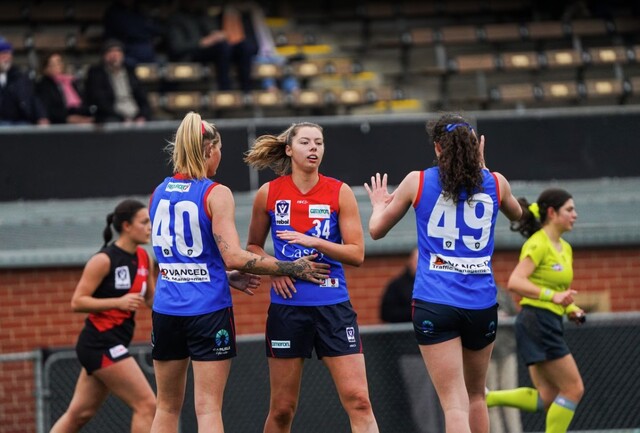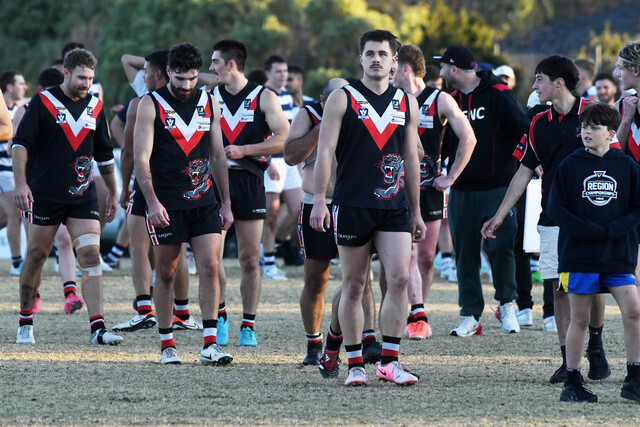By LACHLAN MOORHEAD
LEADERS of an African refugee community that places emphasis on respecting its female members have reaffirmed their support for the campaign against family violence in the City of Casey.
Representatives from the Oromo Community Association in Victoria gathered at the council’s Narre Warren chambers on Saturday night to hold a landmark event, highlighting the contribution of Oromo women to society, in recognition of the City of Casey’s CHALLENGE Family Violence campaign and Refugee Week.
More than 100 people – two thirds of them men – attended the inaugural conference, organised by Oromo volunteer co-ordinator and CHALLENGE mentor Marama Kufi, to discuss female empowerment, the need for respectful relationships between men and women and the Oromo community’s ongoing campaign for equality.
Renowned Oromo and women’s rights advocates Likkee Gose and Siinge Wesho, who were once refugees, were keynote speakers at Saturday’s event.
“It’s the first time this was held in the City of Casey, and also the first time we brought in the CHALLENGE Family Violence ideas, relating it to our culture and how to maintain respect for gender,” Mr Kufi said.
“We had the opportunity of using Refugee Week and reorganising the event to include the family violence messages as well.
“Our Oromo community has its own cultural background, putting a focus on respecting women and gender, so we need to re-exercise this traditional respect into the broader community.”
The Oromo people are an ethnic group inhabiting Ethiopia, northern Kenya and parts of Somalia in the Horn of Africa.
The Victorian Oromo Community Association was established in 1984 by African refugees from these areas, with a majority fleeing Ethiopia in the late 1970s to escape dictator Mengistu Haile Mariam’s ’Red Terror’ campaign and the violence that ensued.
Mr Kufi, a primary school teacher in Ethiopia who was forced to flee the country with his wife and niece in 1987, said many Oromo people had their traditional values distorted while confined to a refugee camp as he was, and cited respect for women as a cultural necessity that often needed to be re-emphasised.
“That is a focus, when they (Oromo people) lived in refugee camps sometimes they lose respect for culture and are reorientated with different cultures,” he said.
“When people run away because of war they feel disgraced.
“The younger generation is in a different corner, there’s always a gap here with young people who have grown up in Australia and getting them to understand issues about the Oromo community, a very peaceful community.”
Mr Kufi said it was this concern for children’s safety going forward that saw the Victorian Oromo community first engage with the CHALLENGE Family Violence campaign 12 months ago, with their leaders attending various roundtable discussions on the issue since.
CHALLENGE Family Violence is a three-year partnership project between the three local governments of Casey, Cardinia and Greater Dandenong and funded by the Department of Justice to address the high rates of gendered violence in the region.

